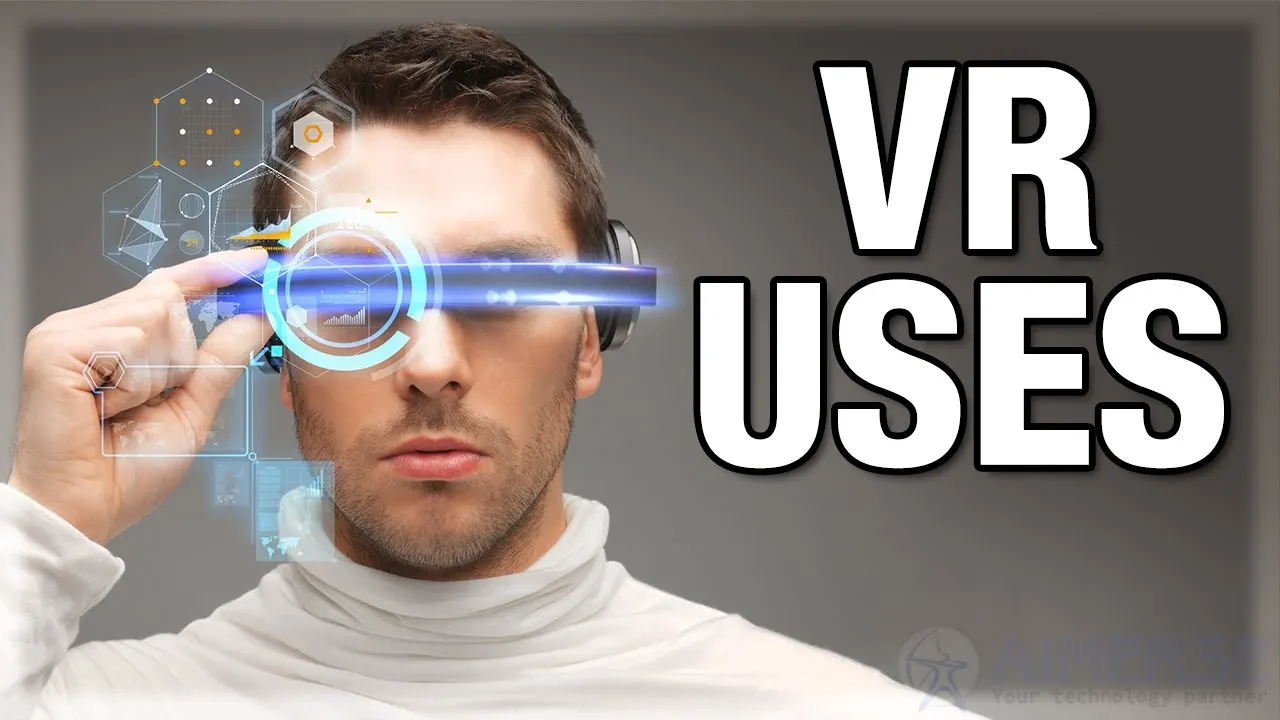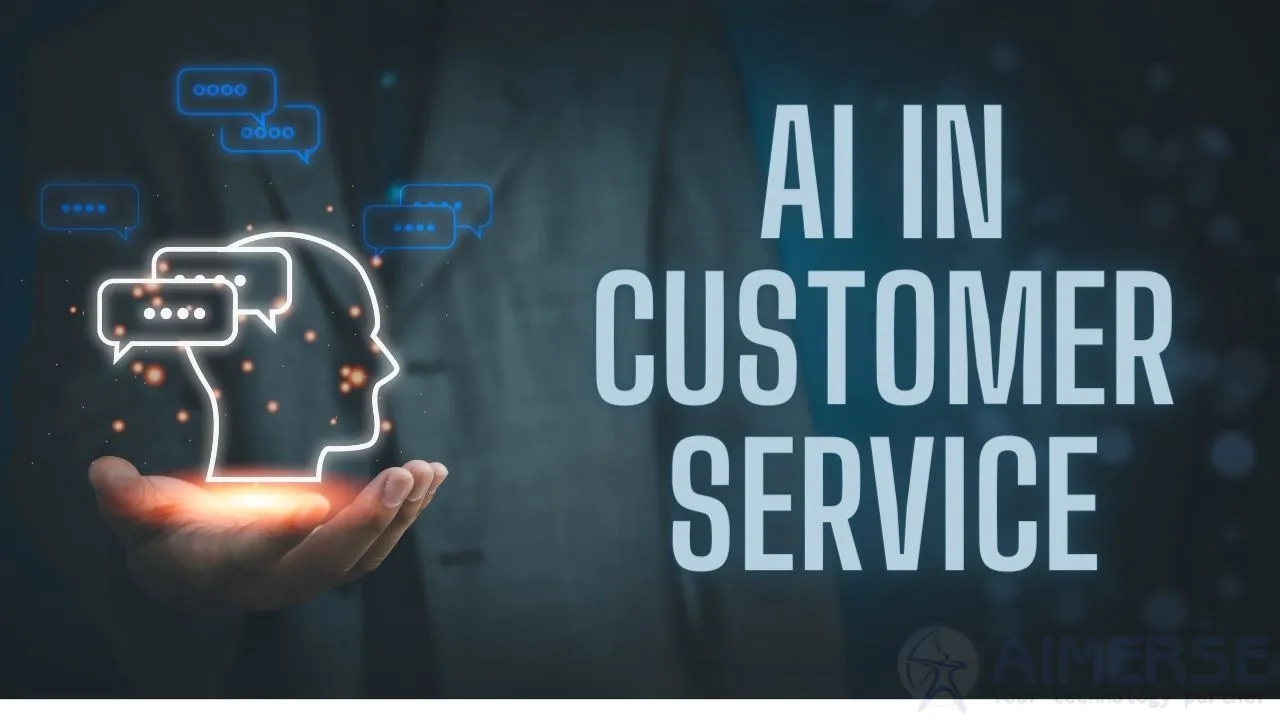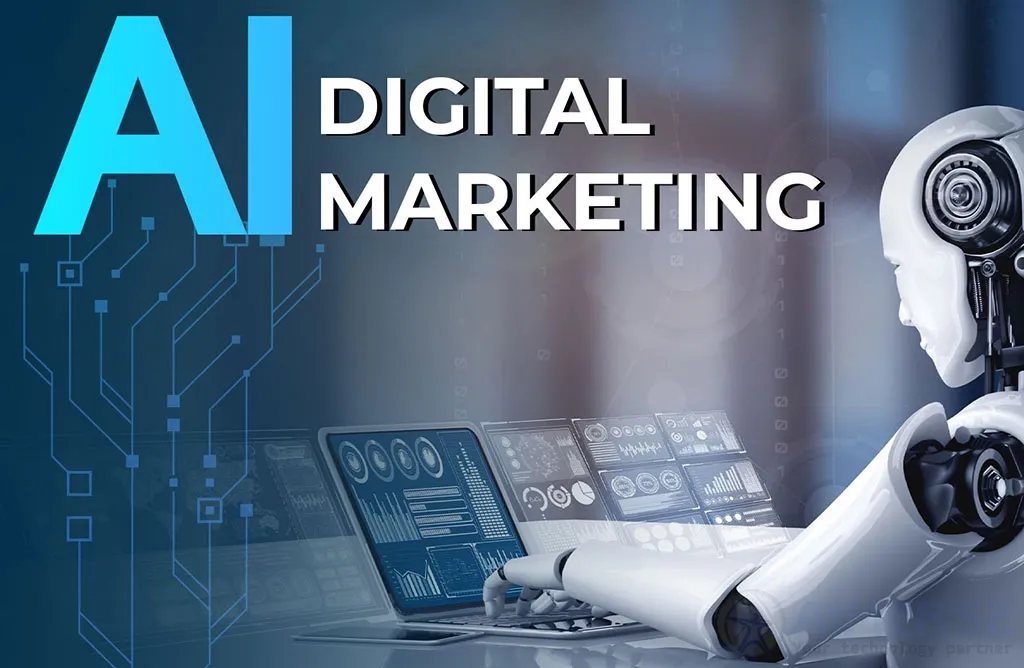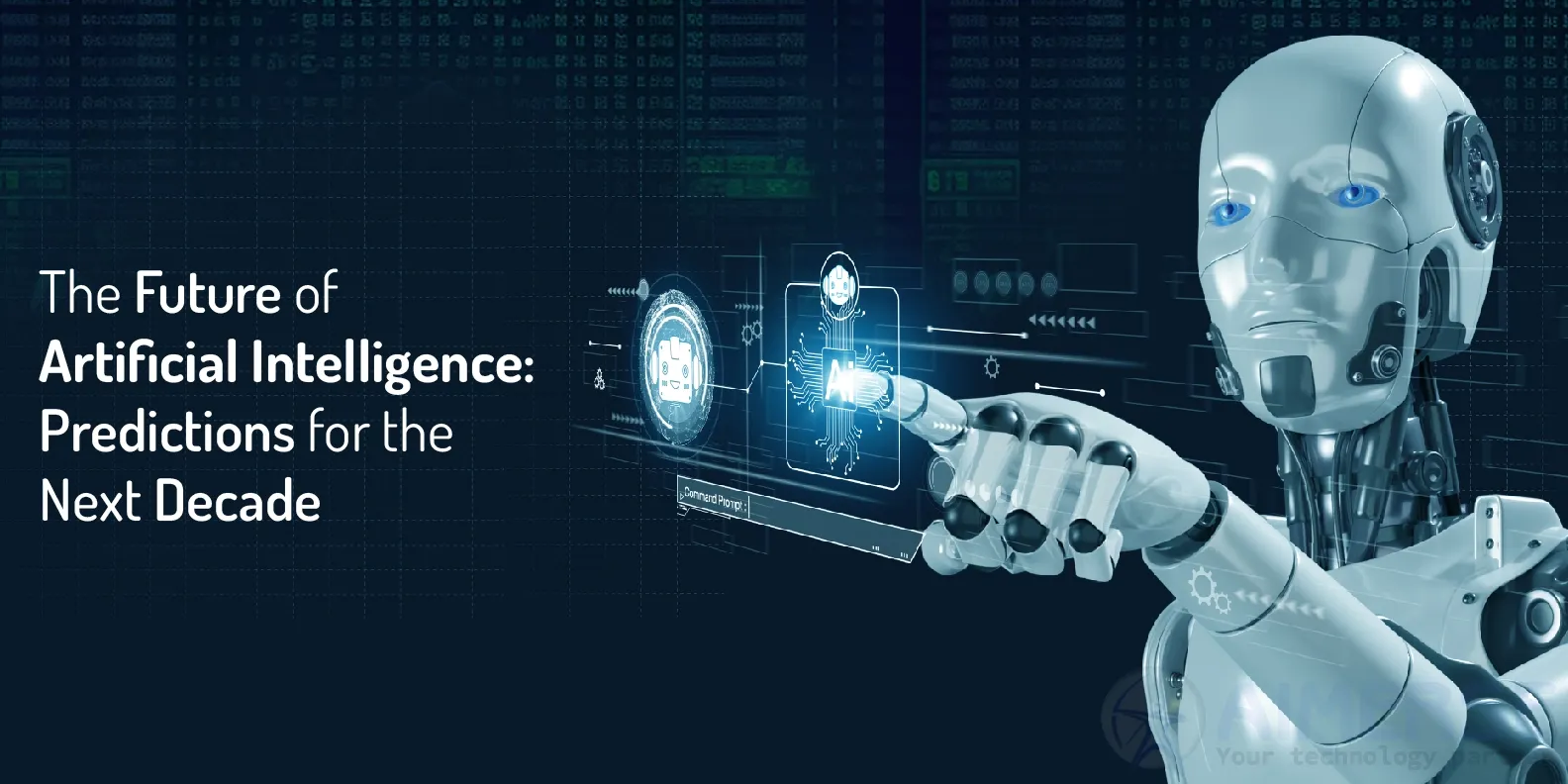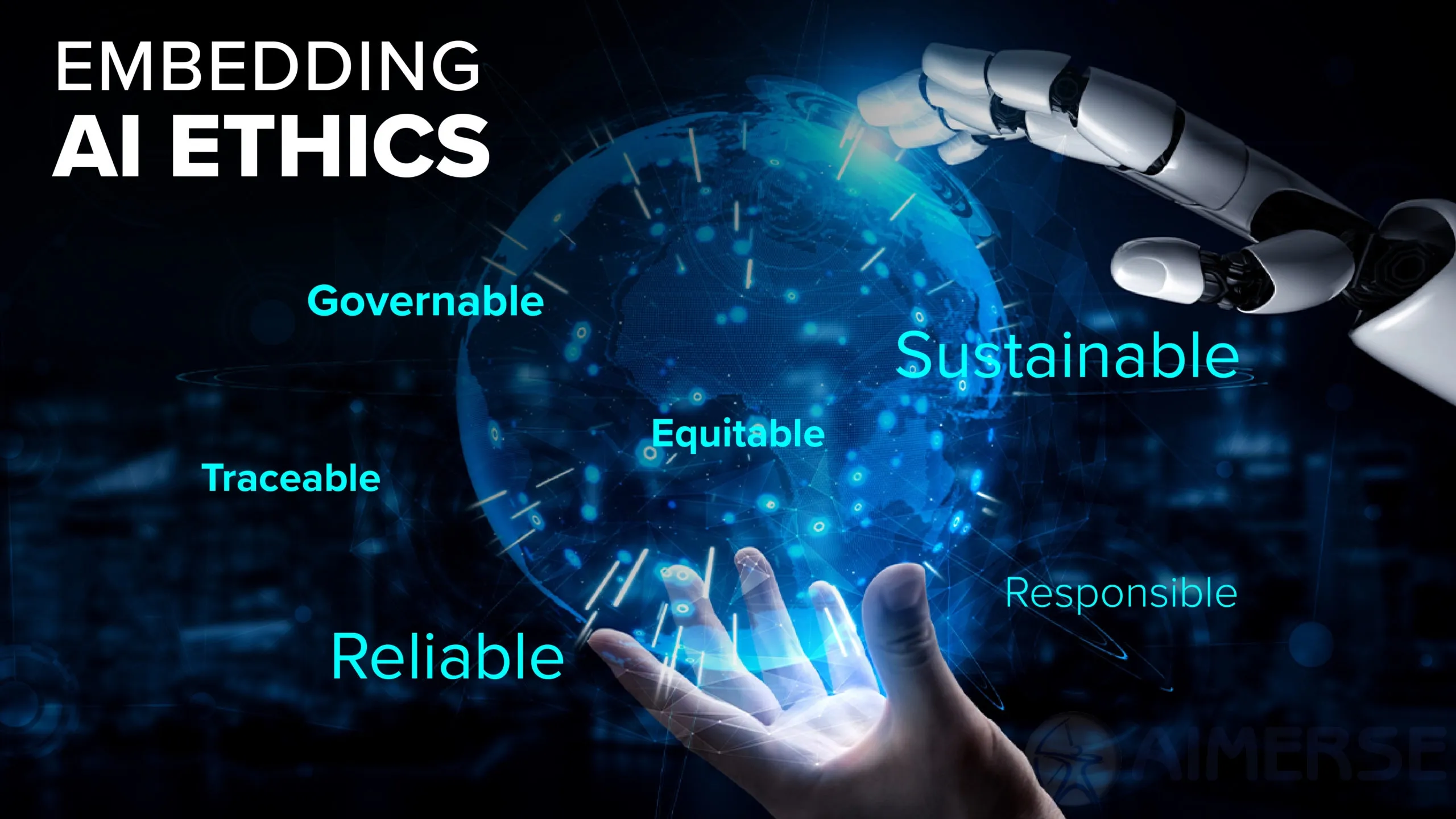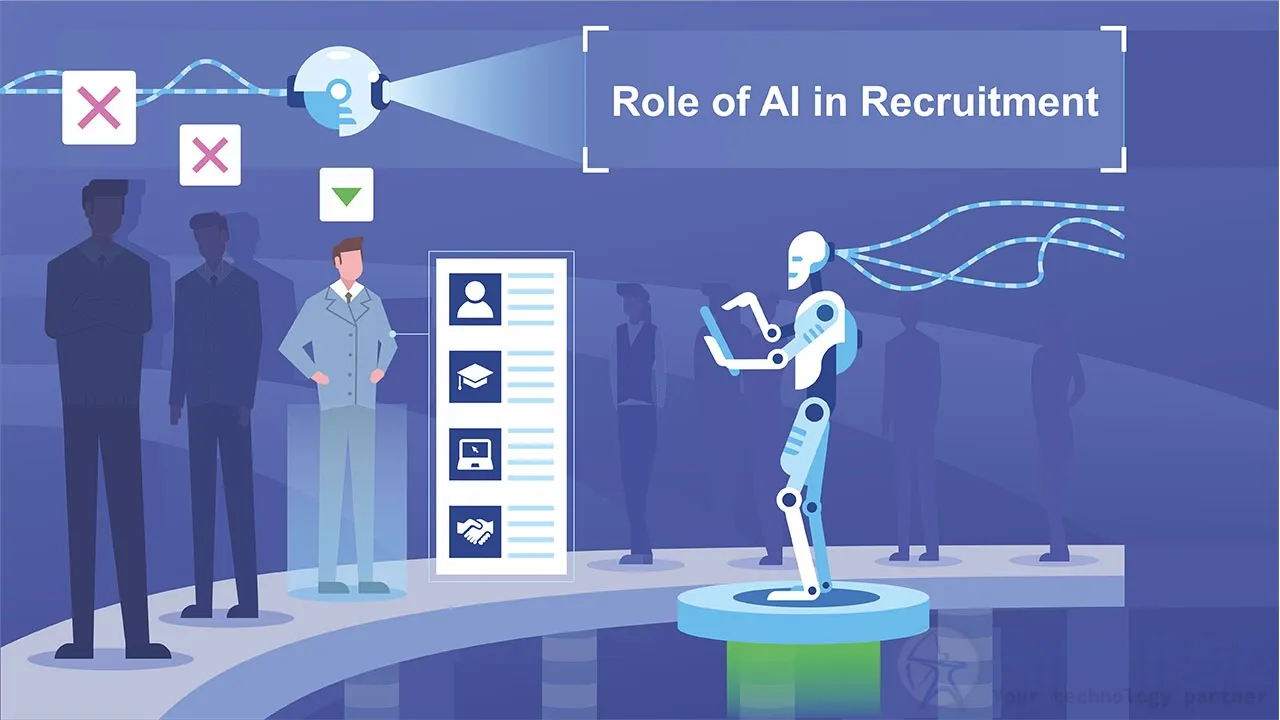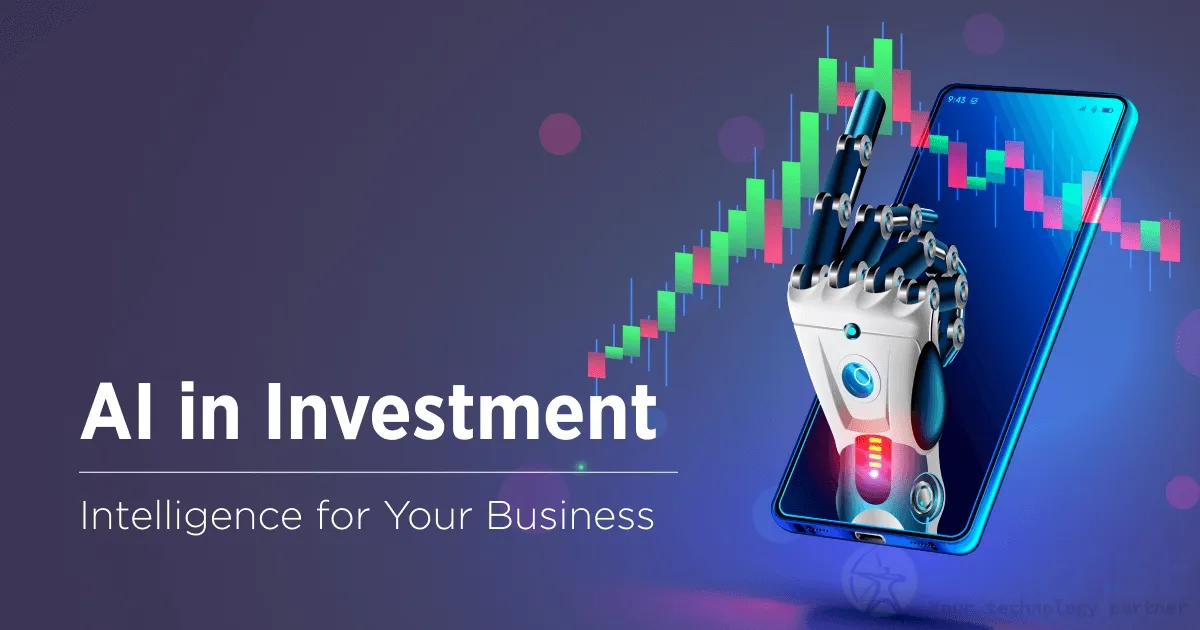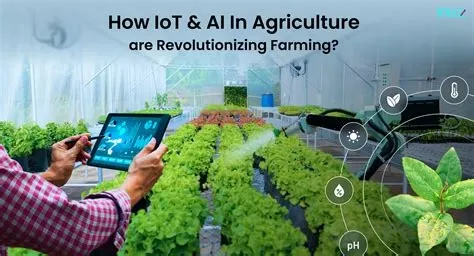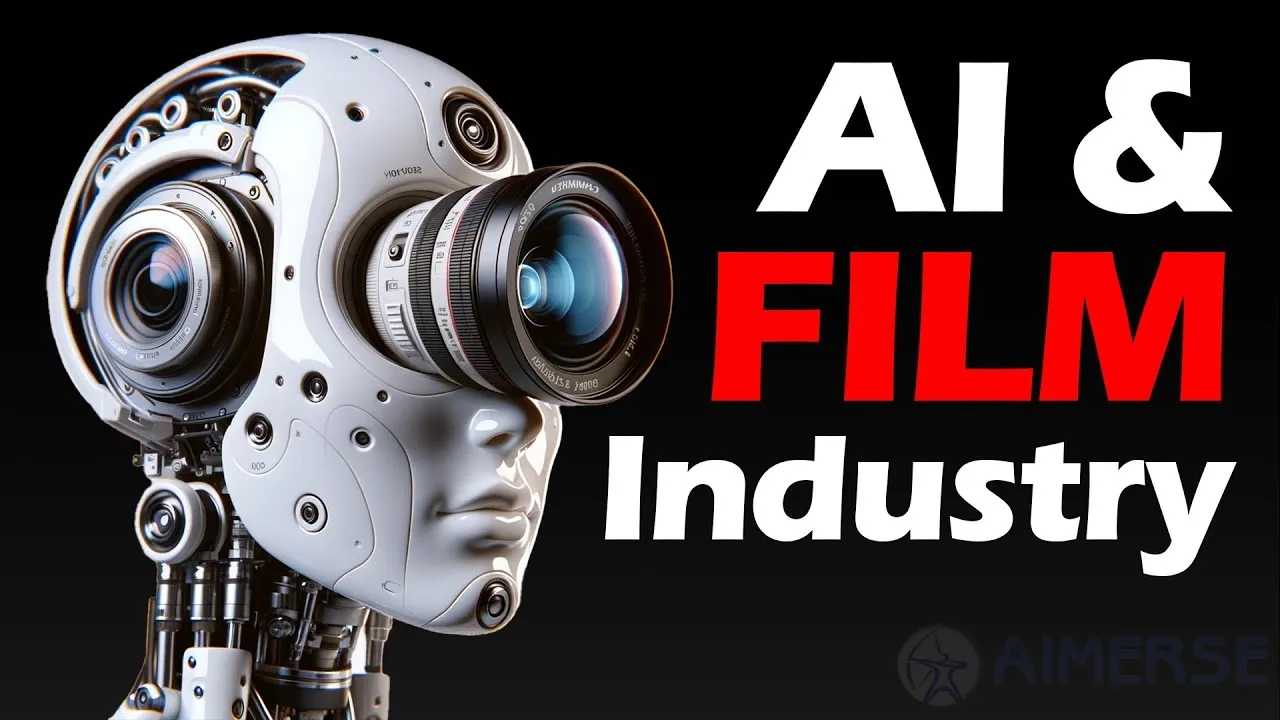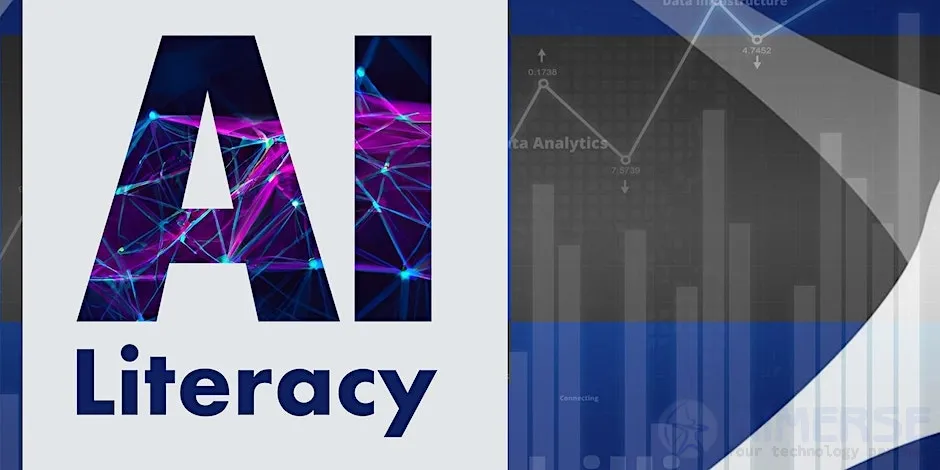Virtual Reality 2.0: Beyond Gaming to Everyday Applications
Long a part of gaming and synonymous with immersive experience, it has been much a core thing. Now that VR version 2.0 is taking technology from places of entertainment for transforming a couple of sectors with the purpose that it will start enriching the application of reality also in regular conversations. Therefore, this transforms from a domain of health care to business relations; VR also evolves by being a tool that would presumably bring more efficiency and learning and, that way, higher involvement.
Evolution from Health Care to Business Partnership
The still dominating, biggest applications of VR are in gaming, but innovation in hardware and software is driving this technology into some of the most interesting industries. Companies and institutions find the value of VR in better training, boosting customer experience, and creating new business opportunities.
Value-driven industries for VR 2.0
-
Health and Medical Training
- With VR, one will have real simulations whereby doctors can train to perform surgeries, diagnose some conditions, and even train within a safe environment. It may also be applied for therapy as well as to re-educate patients on how to get over phobias and heal from injuries.
-
Learning and Education
- Interactive VR experiences transform the face of education, which has been making learning interesting and accessible. It can be easy for students to know such historical lessons that may be viewed from a highly immersive perspective that they had never known before.
-
Business Collaboration and Remote Work
- Virtual offices and meeting spaces use VR, so it gives them the communication and collaboration of employees coming out as a character from the remote workers. They can work within a 3D environment by facing immersive presentations and hands-on experience without a real space.
-
Real Estate and Architecture
- The ease of real estate transactions is seen through virtual property tours where customers and investors can view the property irrespective of their location. Architects and designers can use it to produce more realistic-looking 3D models that enable them to create more immersive projects.
-
Retail and Customer Experience
- Brands use VR to give customers experiences associated with virtual try-ons, showroom experiences, and also personalized journeys when shopping. Such experiences increase the satisfaction of the customer and give an advantage to the business.
-
Military and Defense Training
- VR simulation can enable military staff to undergo very real training situations, thereby permitting strategic planning at the same time as increased situational awareness without posing any threat to the world at large.
Future of Virtual Reality
With more advancements in VR, its applications will be better than what we have today, not only with good hardware but also with more access. The addition of AI and AR to VR takes it even higher and becomes indispensable in life.
Linking VR with software development
Companies can unlock the full potential of VR 2.0 only when they develop strong software that works well with immersive technologies, and the important features are:
- Cloud-based VR environment to work with at scale and reach, in collaboration and access while remotely.
- Scalable cloud-based VR environments for remote access and collaboration.
- AI-powered VR experiences for intelligent automation and enhanced interactions.
Virtual Reality 2.0 is doing pretty cool stuff outside of gaming to change the future of several industries. The number of things one can do in business and organizational fronts increases many folds when taken by more by the business. It's about time to start talking about what could be achieved with the use of VR in business and making that happen through incorporation in day-to-day business activities.
In Aimerse Technologies, super-performance VR application developers will collaborate with user experience involving React.js, Node.js, Python Django, Laravel, or Java Spring Boot. That's anything regarding the education or health sectors, business, or real estate firms—from our deeply specialized developers come up with a solution devised on your necessities to drive innovativeness into efficiency.
